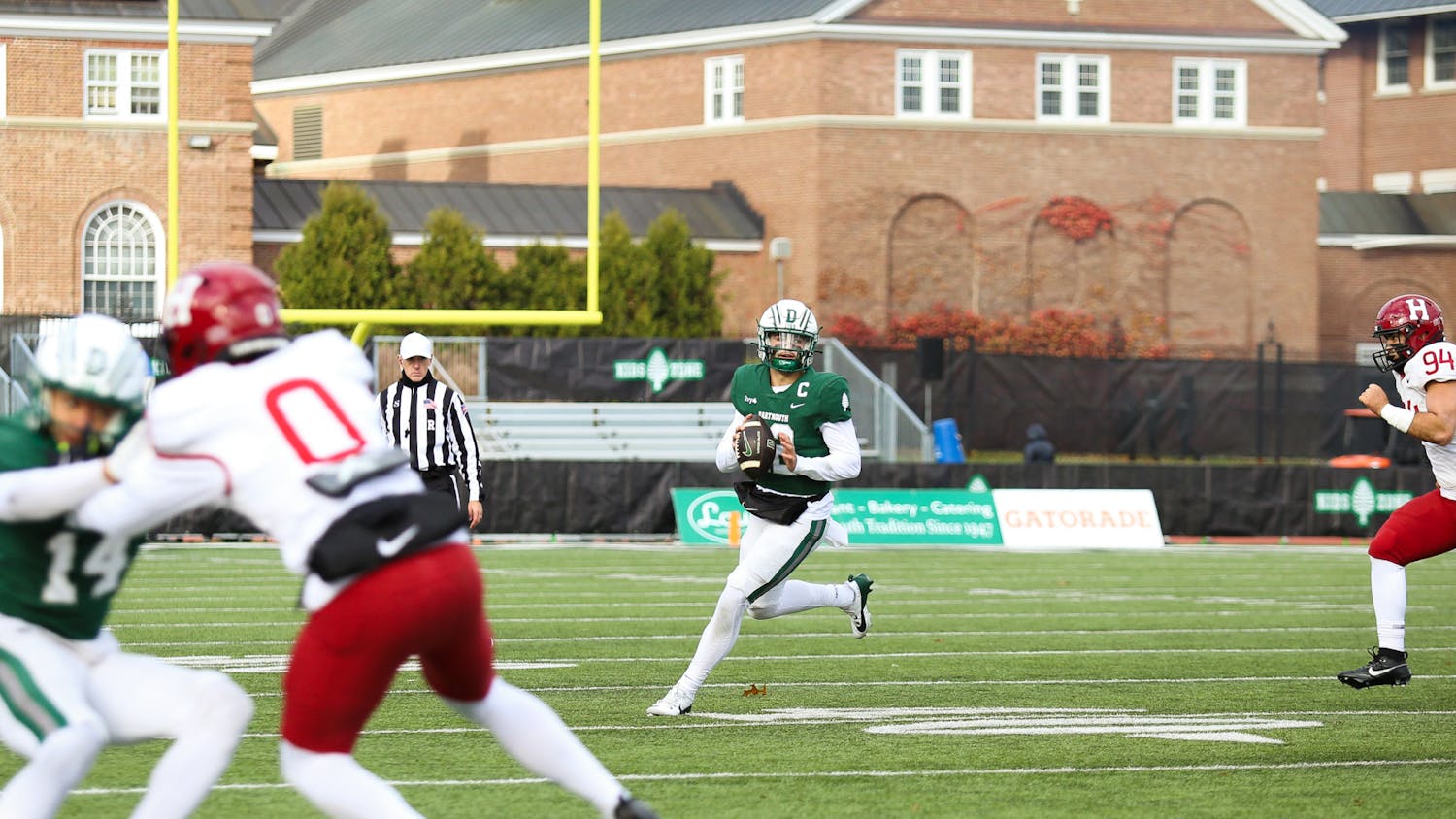Professor of microbiology and immunology at the Geisel School of Medicine Ambrose Cheung was recently granted a 2017 Harrington Scholar-Innovator Award from the Harrington Discovery Institute in Cleveland, Ohio. The award helps further the research of scientists whose work has the capacity to improve health outcomes in the United States by supplying drug research assistance.
The Harrington Discovery Institute is a branch of a $300 million endeavor called The Harrington Project for Discovery and Development, which provides researchers with resources and support in an effort to advance discovery in the medical field. To determine the recipient of the award, The Harrington Project evaluates projects with close attention to their uniqueness.
The award grants Cheung and his lab $700,000 in funding to move toward drug development with their research on the methicillin-resistant Staphylococcus aureas bacterial infection. MRSA yields over 90,000 invasive staph infections and 20,000 related fatalities annually in the United States according to the University of Chicago MRSA Research Center.
The focus of Cheung’s research is to explore why MRSA, a disease that colonizes the nose and resides in the skin, is so invasive and what causes it to be resistant to most antibiotic treatments. The Harrington Scholar-Innovator Award is predicated on Cheung’s creation of a compound called DNAC-2, which can kill antibiotic-resistant staph bacteria in the presence of the antibiotic oxacillin, according to Geisel News Center.
Staff scientist in Cheung’s lab Niles Donegan said that the Cheung lab started its study of this human pathogen bacteria by identifying the external sources that trigger genes, as well as the specific regulatory genes that generate staph infections. The lab then shifted its focus to searching for drugs that have the capacity to inhibit the processes that result in MRSA, Donegan said. Their studies resulted in DNAC-2, a compound that is activated in the presence of oxacillin, an antibiotic which normally does not kill MRSA, Cheung said.
Donegan, who has been working with Cheung for almost 18 years, said that it has been fascinating for him to observe the evolution and transformation of the field of microbiology. Due to technical advancements, the levels of analysis at which scientists can explore genes has grown substantially, he said.
At the end of February, the Harrington Discovery Institute’s Innovation Support Center will send a team to Cheung’s lab to identify all materials he needs and help develop Cheung’s compound into something that can be used for clinical trials. Cheung’s goal is to find DNAC-2’s target region and to create microscopic series that will improve results. His next step is to demonstrate that the compound is nontoxic, soluble and efficacious in order to create effective drugs and then move on to the clinical trial phase, Cheung said. The ultimate goal is to create a drug that will combat the MRSA disease, according to Geisel News Center.



